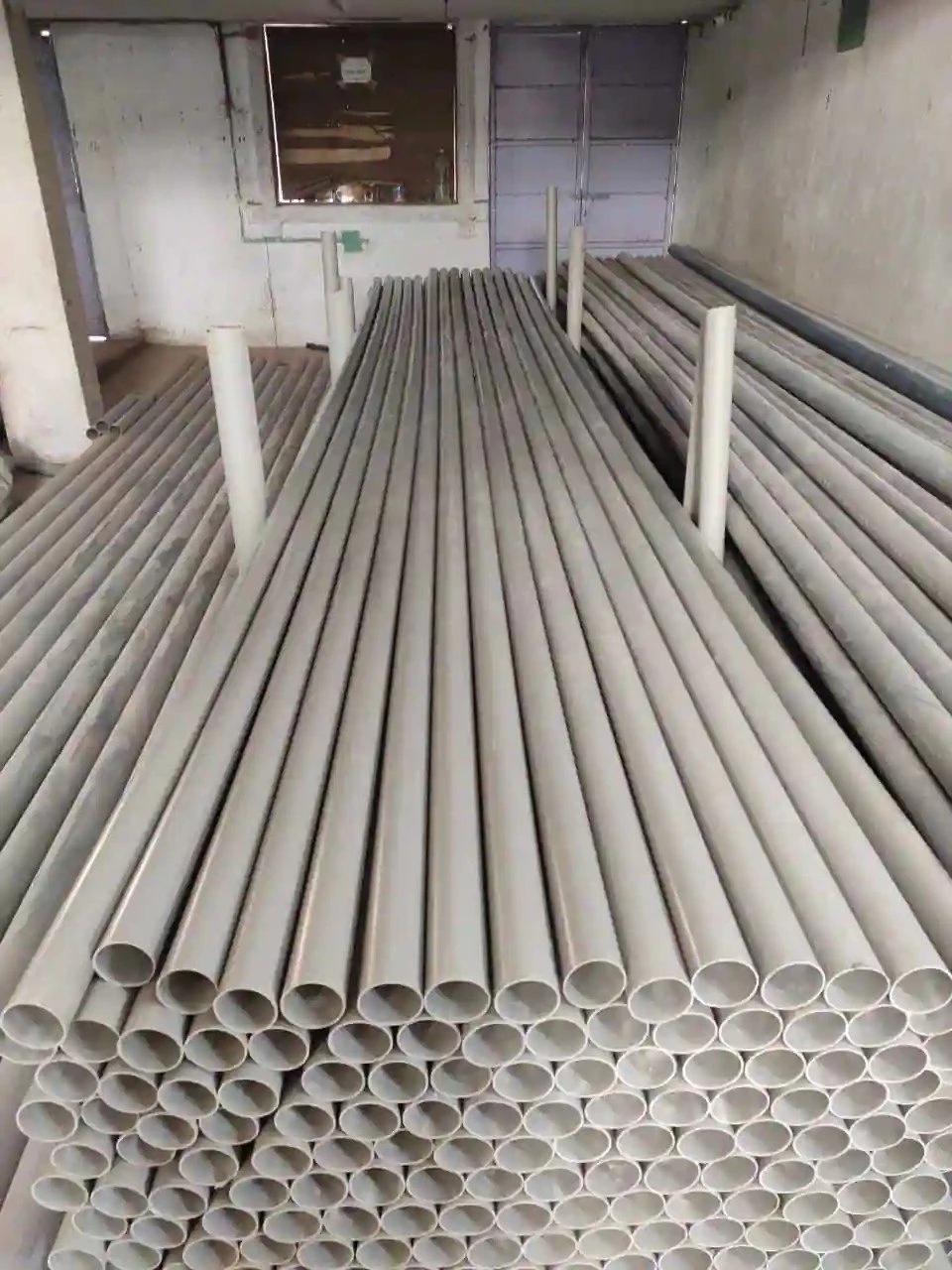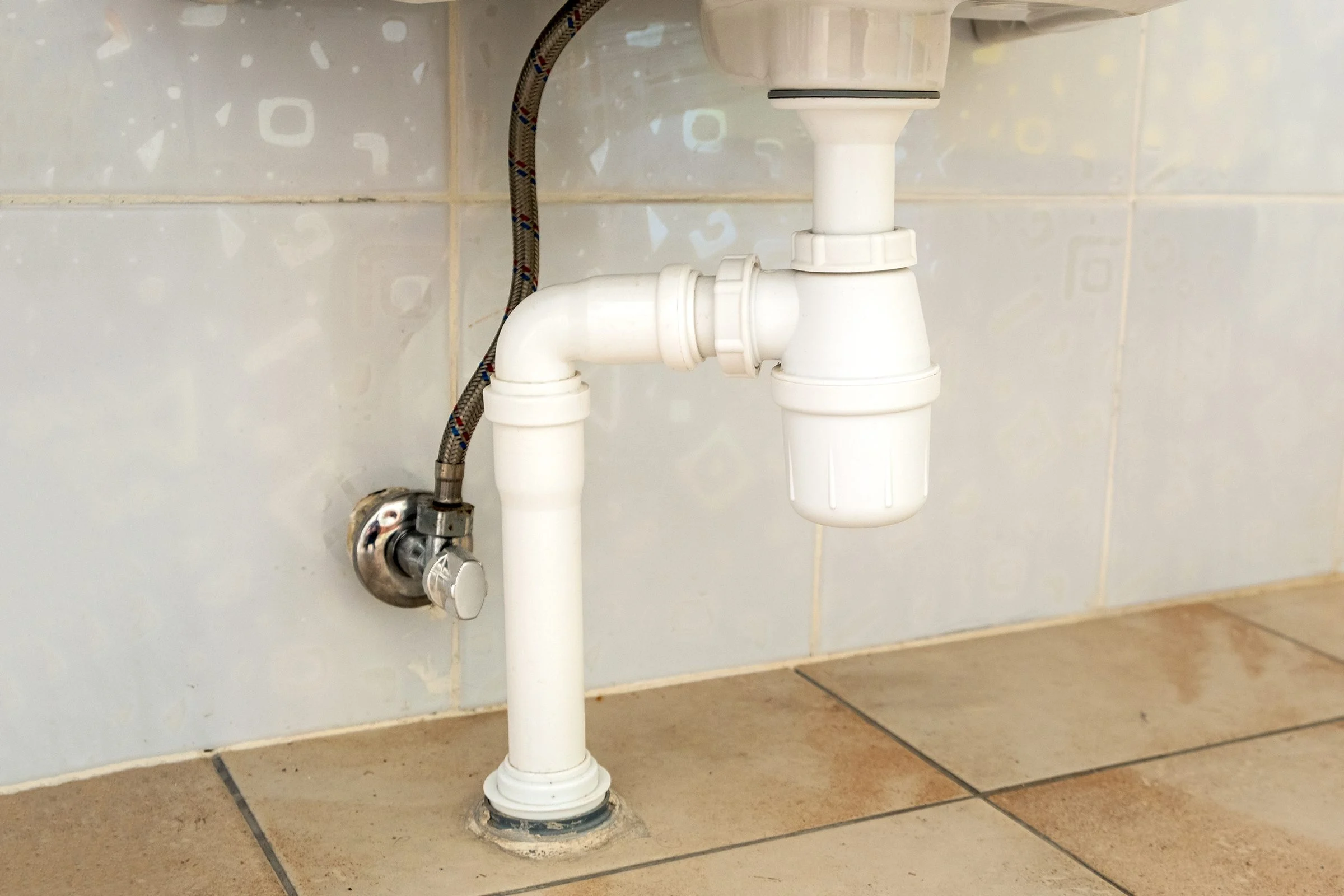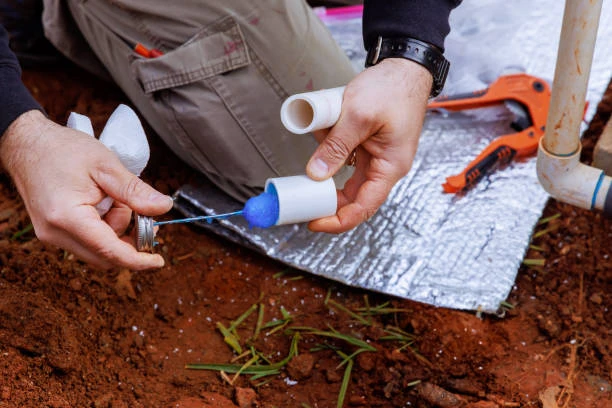1. Understanding PVC Pipes
Before diving into the categories, let’s clarify what GB/T 18993 PVC Pipe are. PVC is a type of plastic that’s resistant to corrosion, making it ideal for various applications. It’s lightweight and easy to handle, which is a huge plus for DIY projects and professional plumbing.
1.1 Why Choose PVC?
GB/T 18993 PVC pipes are favored for many reasons:
- Durability: They can withstand harsh conditions without rusting or corroding.
- Cost-Effective: Generally cheaper than metal pipes.
- Easy Installation: Simple to cut and join, even for beginners.
2. The Four Main Categories of PVC Pipes
2.1 PVC Pressure Pipe
PVC pressure pipes are designed to handle pressurized water systems. They are typically used in:
- Potable Water Supply: Ideal for delivering drinking water in residential and commercial settings.
- Irrigation Systems: Perfect for agricultural applications, helping to efficiently deliver water to crops.
- Fire Protection Systems: Used in fire sprinkler systems due to their ability to withstand high pressure.
2.1.1 Characteristics
- Thickness: Comes in different schedules (like Schedule 40 and Schedule 80) that indicate wall thickness and pressure rating.
- Color: Usually white or gray, depending on the specific type and application.
2.2 PVC DWV (Drain, Waste, Vent) Pipe
This category is focused on drainage applications. DWV pipes are primarily used for:
- Wastewater Removal: Carrying wastewater away from homes.
- Ventilation: Allowing air to enter the plumbing system, preventing vacuum issues.
2.2.1 Key Features
- Lightweight: Easier to handle than pressure pipes, making installation simpler.
- Non-Pressure Use: Designed for gravity systems, relying on slope and gravity for effective drainage.
2.3 PVC Schedule 40 and Schedule 80 Pipe
These pipes are categorized based on their wall thickness:
2.3.1 Schedule 40
- Common Use: Most widely used for residential plumbing.
- Strength: Suitable for moderate pressure applications.
2.3.2 Schedule 80
- Thicker Walls: Offers greater strength, making it ideal for high-pressure situations.
- Typical Applications: Often found in industrial settings or for specific plumbing tasks that require additional durability.
2.4 PVC Conduit Pipe
While not used for plumbing, PVC conduit pipes are essential for electrical applications. They serve to:
- Protect Electrical Wiring: Keep wires safe from moisture and physical damage.
- Facilitate Underground Installations: Commonly used for underground wiring setups.
2.4.1 Types of Conduit
- Rigid PVC Conduit: Used for permanent installations.
- Flexible PVC Conduit: Suitable for areas requiring movement or adjustment.

3. Applications of PVC Pipes
3.1 Residential Plumbing
GB/T 18993 PVC pipes are ideal for various plumbing needs within homes. They are commonly used for:
- Water Supply Lines: Delivering water to faucets and fixtures.
- Drainage Systems: Efficiently moving wastewater out of the house.
3.2 Commercial Use
In commercial settings, PVC pipes play a crucial role in plumbing systems:
- Large-Scale Water Supply: Providing water to businesses and public buildings.
- Industrial Drainage: Facilitating the removal of wastewater in factories.
3.3 Irrigation Systems
Farmers and landscapers often rely on PVC for efficient irrigation:
- Drip Irrigation: Delivering water directly to plant roots.
- Sprinkler Systems: Ensuring even coverage of large areas.
4. Advantages of PVC Pipes
4.1 Durability and Longevity
GB/T 18993 PVC pipes can last for decades without needing replacement. Their resistance to corrosion and decay ensures that they can withstand various environmental conditions.
4.2 Lightweight and Easy to Handle
Unlike metal pipes, PVC is much lighter, making transport and installation easier, especially for DIY projects.
4.3 Cost-Effectiveness
Generally, GB/T 18993 PVC pipes are less expensive than alternatives like copper or steel, making them a budget-friendly option for homeowners and contractors alike.
5. Conclusion
In summary, understanding the four main categories of GB/T 18993 PVC pipes—pressure pipes, DWV pipes, schedule pipes, and conduit pipes—can significantly influence your plumbing and construction projects. Each type serves specific needs, and knowing which to use can save time, money, and hassle. Whether you’re a professional plumber or a DIY enthusiast, PVC pipes offer a reliable, versatile solution for a variety of applications.
FAQs
1. Can PVC pipes be used for hot water?
While some types can handle hot water, it’s essential to check the specifications. Schedule 40 is generally not recommended for hot water systems.
2. How long do PVC pipes last?
PVC pipes can last over 50 years with proper installation and maintenance.
3. Is PVC environmentally friendly?
PVC is recyclable, but the production process can involve harmful chemicals. It’s essential to consider the entire lifecycle.
4. Can I use PVC solvent cement for all types of PVC pipes?
Yes, but make sure to choose the right cement for your specific pipe type (e.g., pressure vs. DWV).
5. What sizes do PVC pipes come in?
PVC pipes are available in various diameters, typically ranging from ½ inch to 12 inches.


















